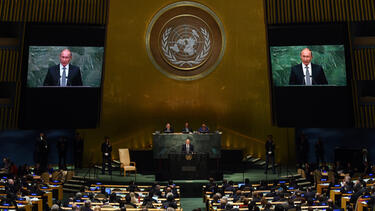All Insights Articles
Personal Finance: Popular Authors vs. Economists
Before teaching a personal finance course, Prof. James Choi dipped into some popular books on the topic. He found that much of what personal finance gurus suggest is at odds with economic research—but that they also have insights into human nature that are sometimes missing from economic analyses.
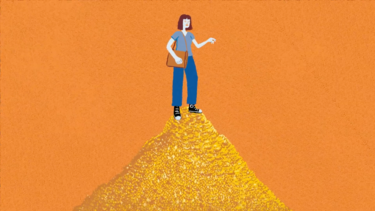
The Dominion Settlement Is Just the Beginning of Fox’s Nightmare
Yale SOM’s Jeffrey Sonnenfeld and Steven Tian write that the historic settlement and the revelations that preceded it have left Fox Corporation damaged and vulnerable to additional litigation.

Sermons with Stories of Debt Can Help Churchgoers Stay Frugal
A recent study co-authored by Yale SOM’s Thomas Steffen and Brett Campbell found that when religious leaders gave sermons warning against excessive debt, areas with high church membership tended to have lower indebtedness.
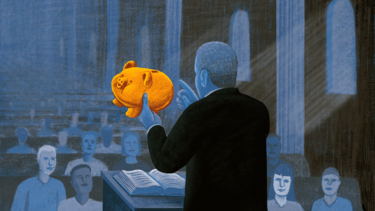
Remembering Oz Nelson, Who Reinvented UPS
In the 1990s, Nelson modernized the shipping company and gave it a new focus on the customer. Yale SOM’s Jeffrey Sonnenfeld remembers the former CEO, who died on April 6.
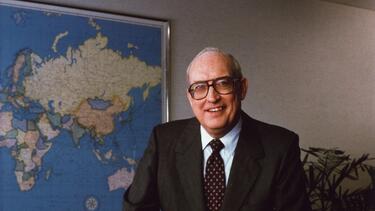
What Families Need to Escape Homelessness
For families coming out of homelessness, housing doesn’t end the impossible choices that come with navigating poverty. Jill Bauman ’87 describes Imagine LA’s holistic model to end family homelessness and poverty.
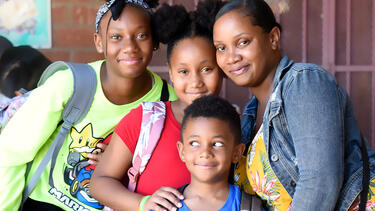
How Disney’s Bob Iger Outmaneuvered Ron DeSantis
Yale SOM’s Jeffrey Sonnenfeld writes that Iger offered a master class in standing up to bullies when he undercut the Florida governor’s attempt to impose new oversight on Walt Disney World.

Uncovering the Mental Health Impacts of COVID-19 in Low- and Middle-Income Countries
A new study co-authored by Yale SOM’s Mushfiq Mobarak investigated how mental health fared after the pandemic arrived in eight low- and middle-income countries, and found signs of a sharp, and lasting, deterioration.

Can AI Help Design a More Appealing Car?
Designing a new car is expensive, time-consuming, and risky. In a new study, Yale SOM’s Alex Burnap shows how machine learning can identify promising models and help designers generate new designs.

How Social Media Rewards Misinformation
A majority of false stories are spread by a small number of frequent users, suggests a new study co-authored by Yale SOM’s Gizem Ceylan. But they can be taught to change their ways.

Just Say No to Handing Putin Control of the UN Security Council
Russia is slated to assume the presidency of the UN Security Council on April 1. Yale SOM’s Jeffrey Sonnenfeld, Senator Richard Blumenthal, and former ambassador Jon Huntsman write that the U.S. must exercise its rarely-used veto powers to prevent Russia from using the role to whitewash its invasion of Ukraine.
